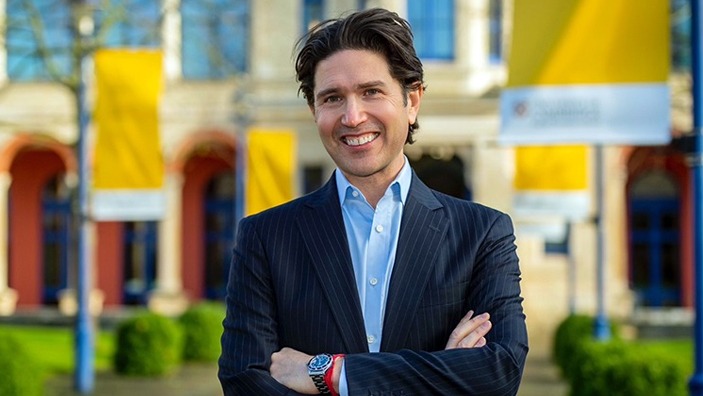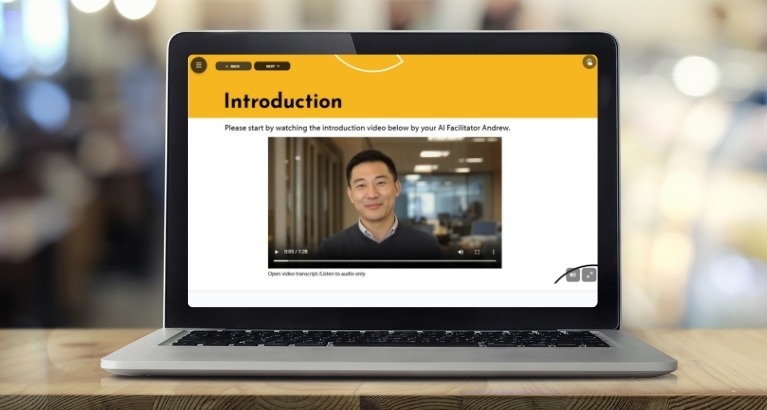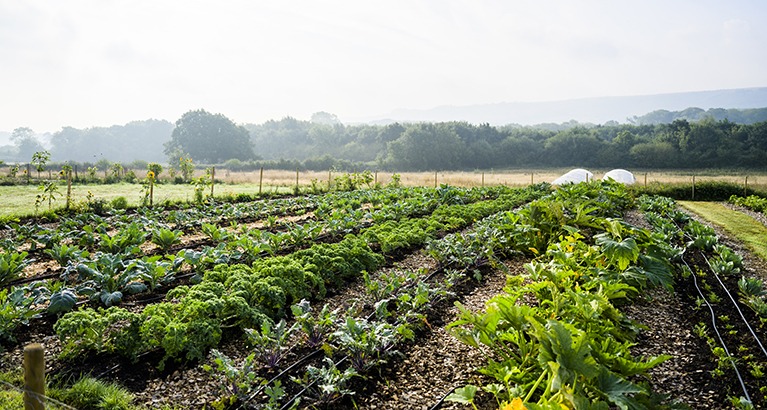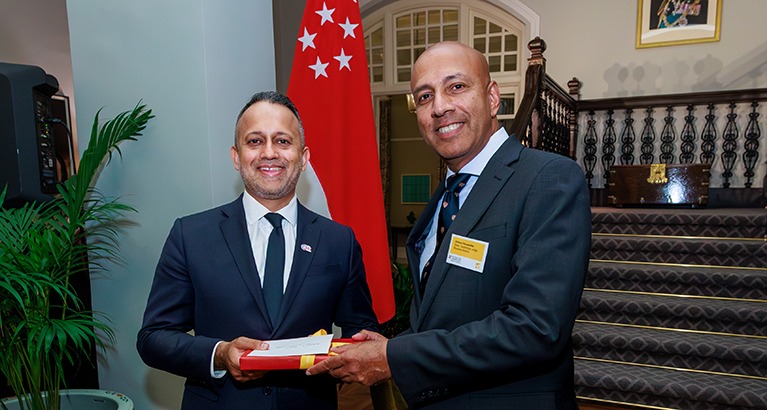
The first half of the new podcast series brought to you by Executive Education – Cambridge Executive Business Insights: Journey to Regeneration with Christopher Marquis – has so far welcomed change-makers from organisations across the globe, where they have opened up important conversations around what it means to build a regenerative business in practice, and given listeners food for thought on how they can take steps towards regeneration in their own organisations and day-to-day life.
The podcast delves into how businesses can be truly regenerative – and not just sustainable – helping them to positively contribute to the environment and society. In a world facing climate crises and rising inequality, regeneration is needed now more than ever before.
Small steps, big changes
Here, we round up the top 5 ‘regenerative actions’, as told to Professor Marquis.
1
Protect and improve the places you love
Pay attention to the place you live or work … understand what you love about it and defend that. Once you start being tethered to technology, you’re losing some of the capacity for agency that is really required to improve a place, to improve a neighbourhood, to save a forest… There’s a lot of energy that you get from protecting and improving places you love.
2
No business can thrive on a failing planet
[Individuals can] look at the business coalitions that are relevant to their business, their sector, that are really proactive in driving regional transition or sectoral transition. Looking at which trade bodies you're members of and are they really protecting your long-term interests and if not, how can you engage them? And the third thing is identify what audiences you and your organisation have access to. If you've done something great and you've got a great project, make sure it's really visible, either so others can copy it or to just build general confidence. This is happening. This is a change underway. So using voice really strategically with key audiences because in the end, no business can thrive on a failing planet.
3
Is the organisation you work for making the world better?
Eating less meat, living close to your work, driving less, these are kind of well-known. I think we've gotten better at conveying that, that it's not 50 simple things, it's a few that really, really matter. I guess on a philosophical level, the bite-sized question is to really ask yourself is, is the organisation I work for making the world better? And am I in my role, both in my job and in my community – am I making the world better? Just kind of start with that question and see where it takes you.
4
Stop your disposable habits
As individuals we can all make an absolute difference in every day how we dress ourselves… Firstly I would really encourage everyone to stop buying synthetic garments… try and check all the garment labels to buy 100% natural fibres. And secondly, as businesses, as households, we really encourage you to stop the disposable habits because as businesses, we discard computers, laptops, phones, printers constantly, or coffee machines or whatever. And as households, we do that as well… everything has become disposable. And that is filling up our earth with waste at an unprecedented scale. So these are all super simple things that's not even about business strategies, it's just about personal behavioural change.
5
What we do to the soil, we do to ourselves
Just please go find a farmer in your community and dig up your own potato. Eat a warm strawberry. Eat a warm raspberry. Eat food in season in your community. And if you're in a company, find a way to get a delivery to the Community Supported Agriculture (CSA) boxes. And when you come to America, please come to California so I can prepare you a meal right out of the garden here. And I'll take you to some farms and you'll see it changes everything. It really does. What we do to the soil, we do to ourselves. So we just always can think in those terms.






